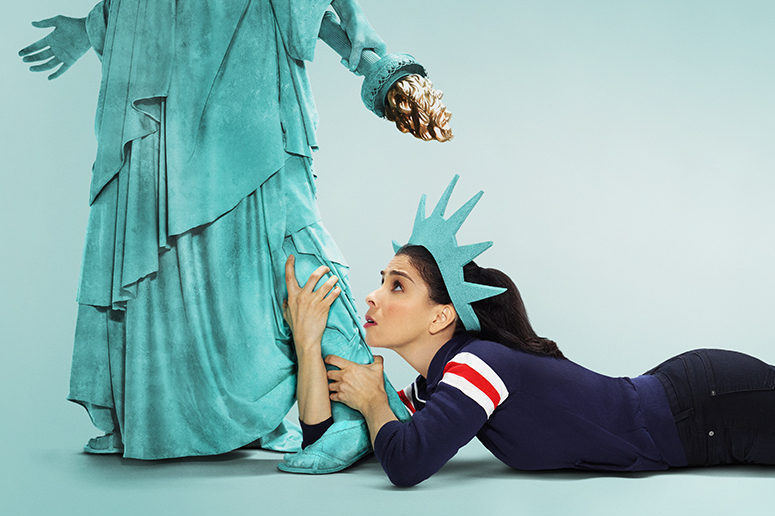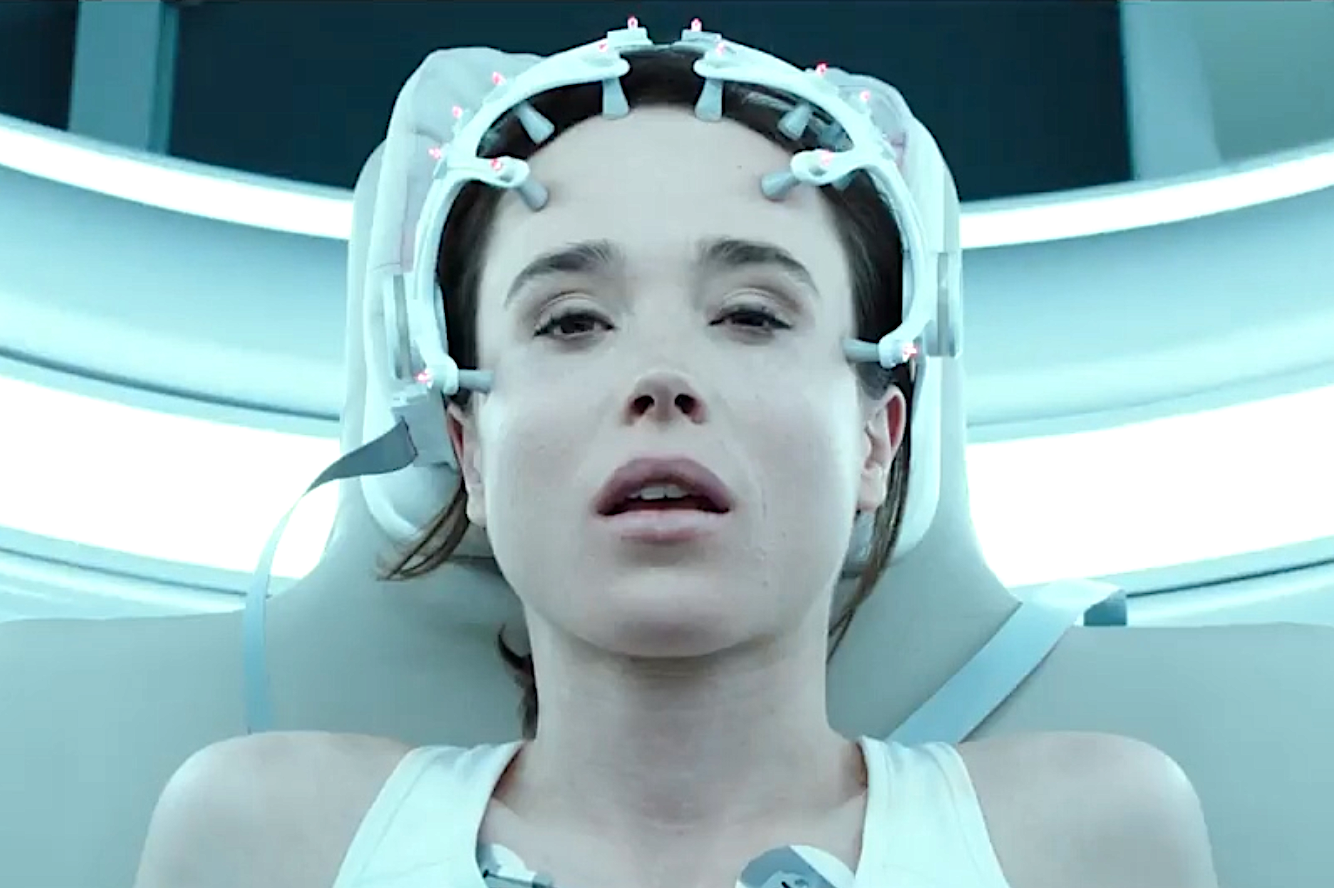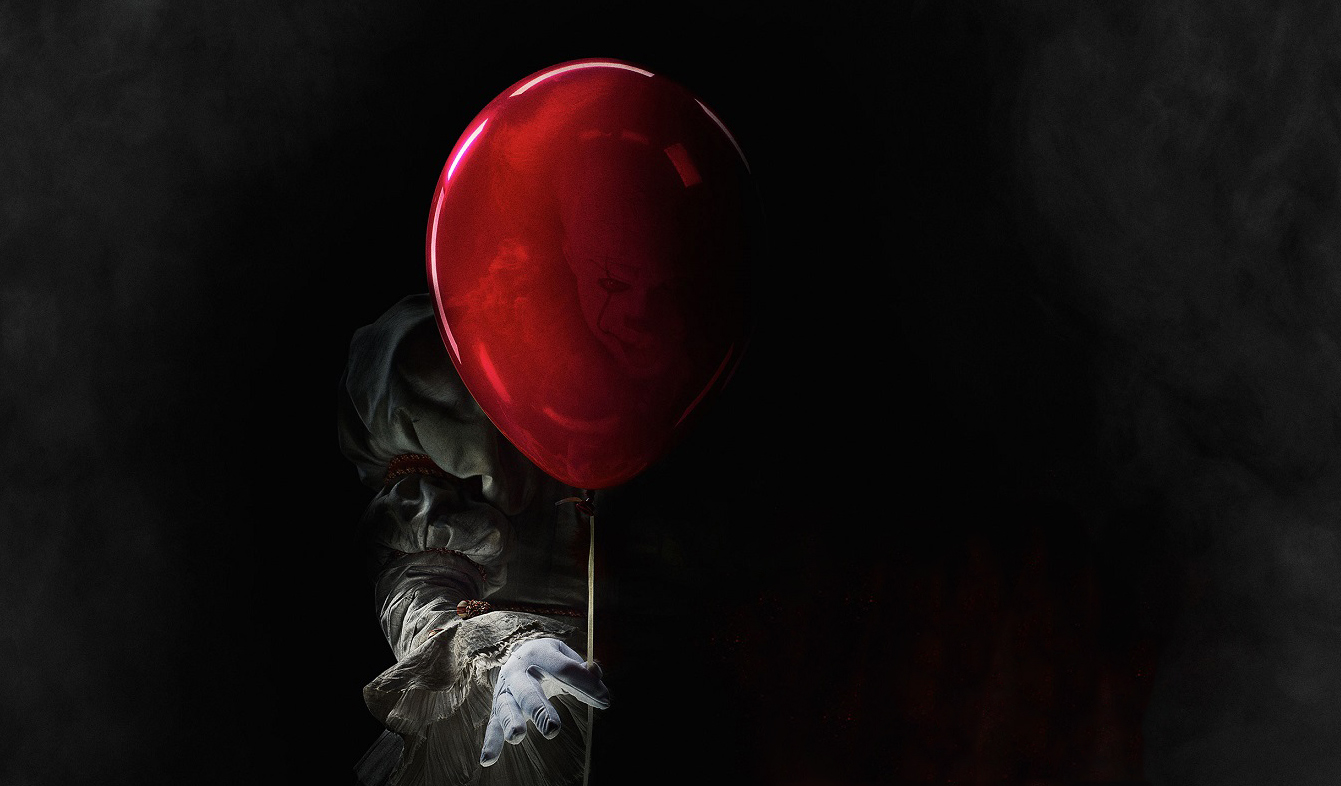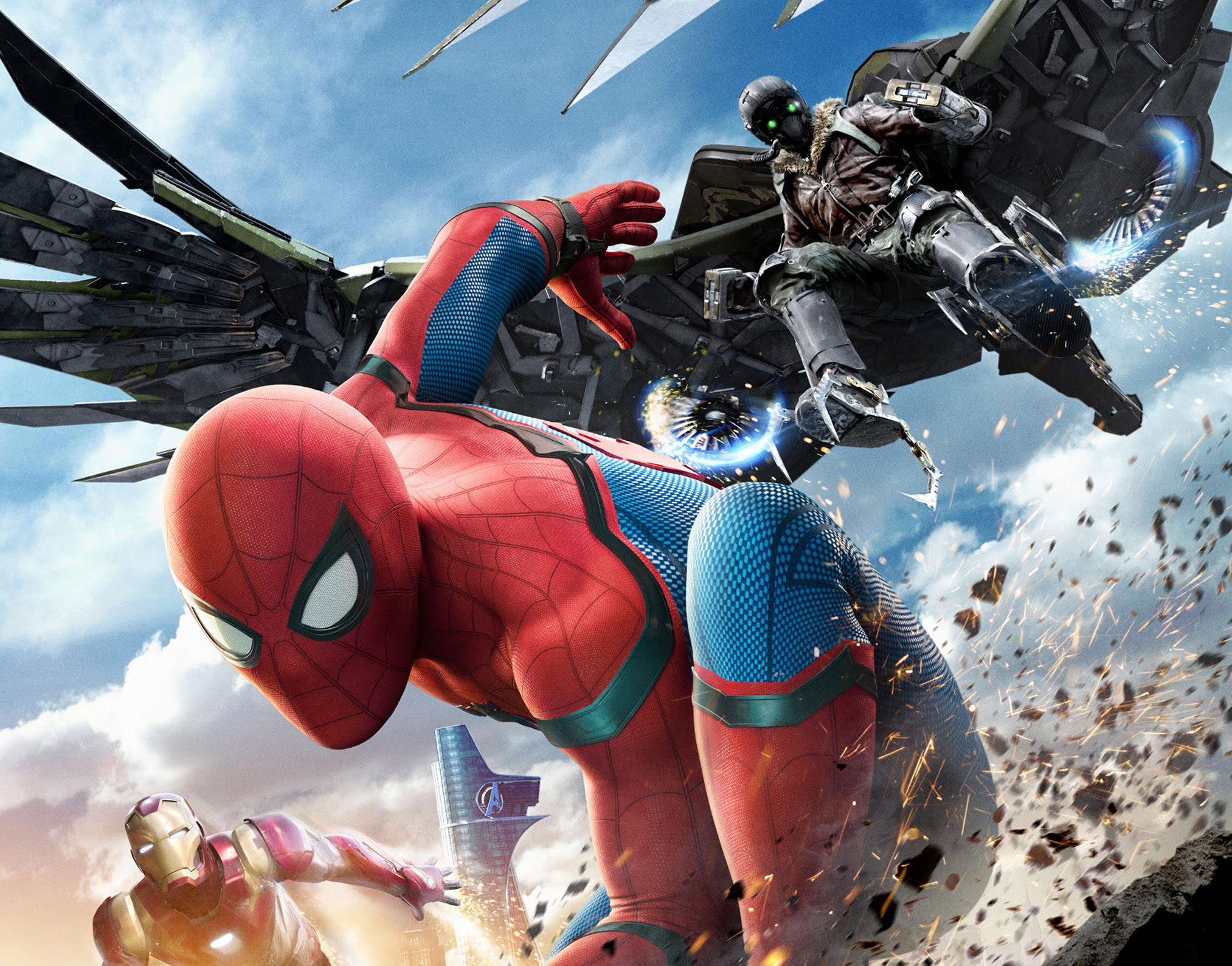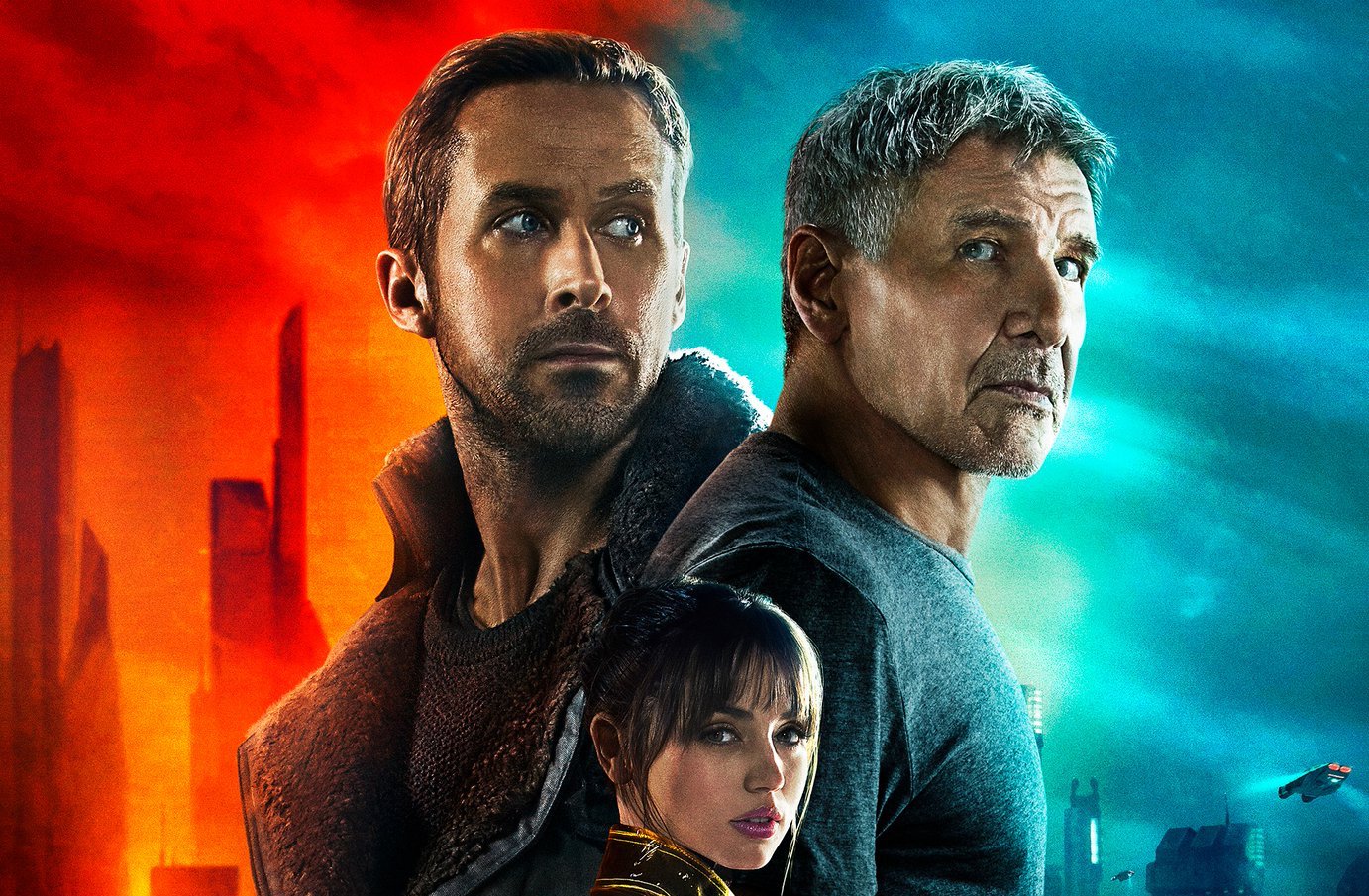
Blade Runner 2049

30 years after blade runner Rick Deckard (Harrison Ford) decided to stop chasing replicants – whose lives, he now believes, are just as valuable as any other – and disappear to lead a peaceful life, K (Ryan Gosling), a young new android hunter, tracks him down after making a discovery that could plunge society into chaos.
35 years after the release of his game-changing, visionary science-fiction movie Blade Runner, Ridley Scott is handing over his creation to Denis Villeneuve, whose past work on Arrival, Sicario, and Prisoners, has already proven he’s more than qualified to direct its highly anticipated sequel.
Although he admitted the challenge of following in Scott’s footsteps by continuing what some consider the most accomplished film of his entire career put an awful lot of pressure on his shoulders, the Canadian director seems to have succeeded in making a follow-up worthy of its – up till now unparalleled – predecessor.
A Rightful Sequel Everyone Has Been Waiting For
With Blade Runner 2049, Villeneuve built “a world that looks like a legitimate extension of the one Ridley Scott envisioned so many years ago” for a sequel “worth the wait, even if it has its flaws.” Both “consuming and confounding,” by trying to be “deep, rich, and complex,” the film manages to deliver “its own kind of mood,” resulting in “a vivid, emotional and enthralling experience.”
While 1982’s Blade Runner has been “copied in countless other movies, […] Villeneuve doesn’t try to do that in taking the story forward” and producing – with the help of cinematographer Roger Deakins – a feature standing “on its own two feet” that “pays homage to the vision Scott created decades ago without ever feeling anachronistic in doing so.”
Eventually, Blade Runner 2049 is the “proof of how a sequel can be just as good as the original movie, even if released decades apart,” in which Ryan Gosling and Harrison Ford (“splendidly grizzled and gruff”) give “charming, impressive performances.”
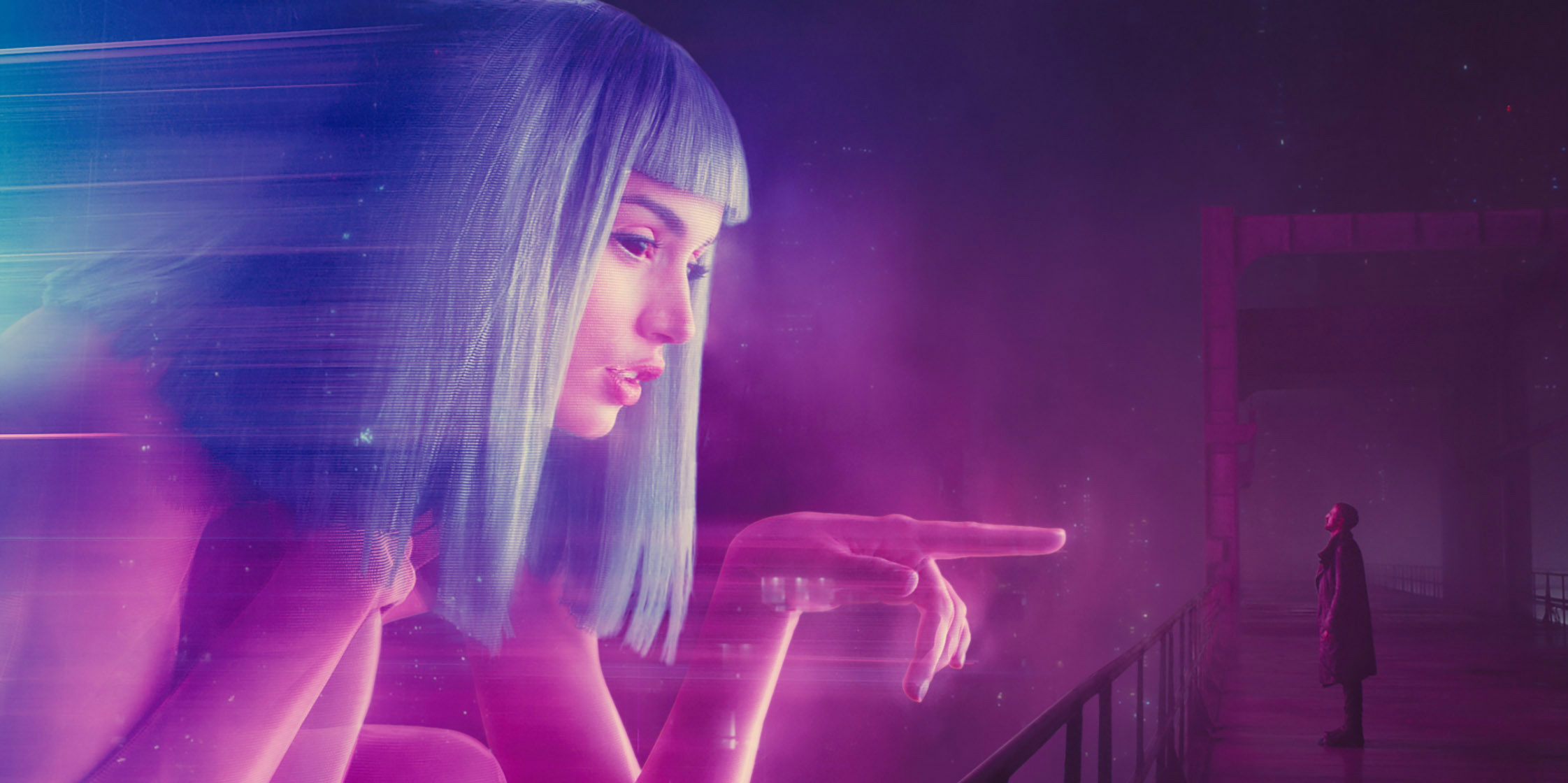
A Technical Tour de Force
Cinematographer Roger Deakins undeniably “delivers some of the best work of his career” in Blade Runner 2049, which is “every bit the original’s equal when it comes to breathtaking visuals and design.” An “epic art house picture” offering scenes that “are surreal delights,” the film “looks splendid” with a score from Hans Zimmer and Benjamin Wallfisch that “draws you in immediately, from the film’s very first few seconds.”
Long, Slow, and Wishy-Washy Plot
“Where Blade Runner 2049 loses some of its magic is in its length and sometimes dwindling plot.” The movie, despite its beauty, “doesn’t have the resonance and pure invention of the original.” Throughout 2 hours and 44 minutes, Villeneuve “lets his story play out in specific beats which may be too slow for some who just want to get on with it.” Motivated by the obvious desire to ensure that “every detail is covered,” “the film careens from story point to story point without strong connective tissue,” causing its characters to “start off more or less as they end up” as “the forces arrayed against them are weak.”
Which leads us to the movie’s “real villain problem.” Portrayed by Jared Leto, who gives the impression “of an actor straining a little too hard,” Niander Wallace, a new-generation-replicants creator with a serious god complex, is an “unsurprising,” “generic, stock character.”
Best quotes from the reviews:
“A private puzzle cached inside a blockbuster.” – Anthony Lane, The New Yorker
“A remarkable film that more than accomplishes what it set out to achieve.” – Julia Alexander, Polygon
“It’s hard not to be impressed by, and a bit grateful for, the ambition and care evident in every frame.” – Bryan Bishop, The Verge
“The world being as screwed up as it is, a revisit to this particular dystopian vision of our future is probably a good idea.” – Peter Hammond, Deadline
